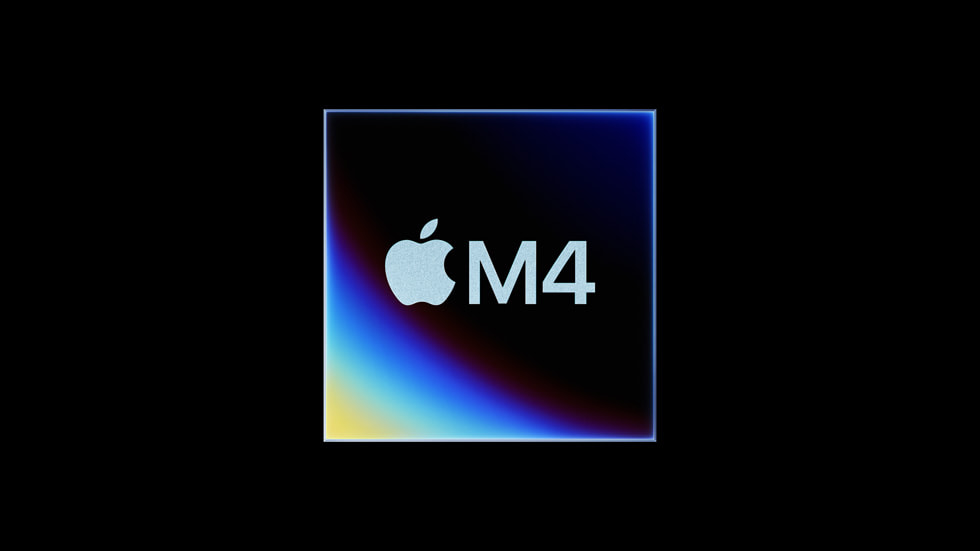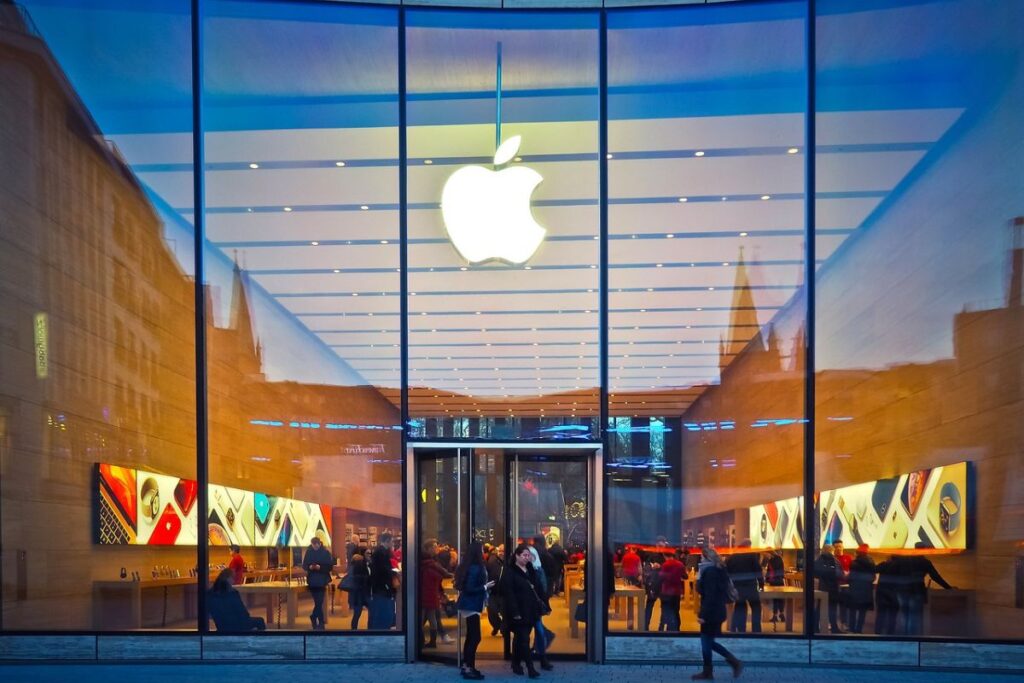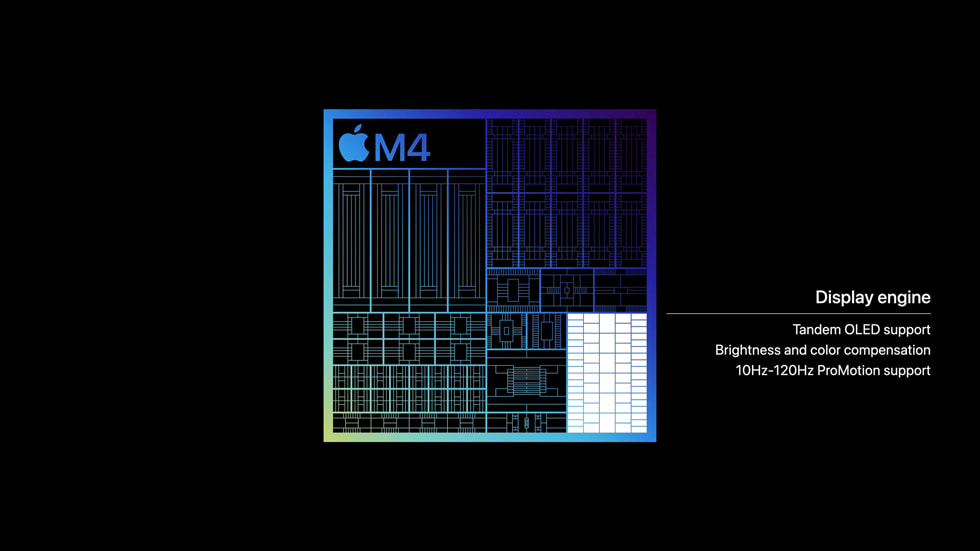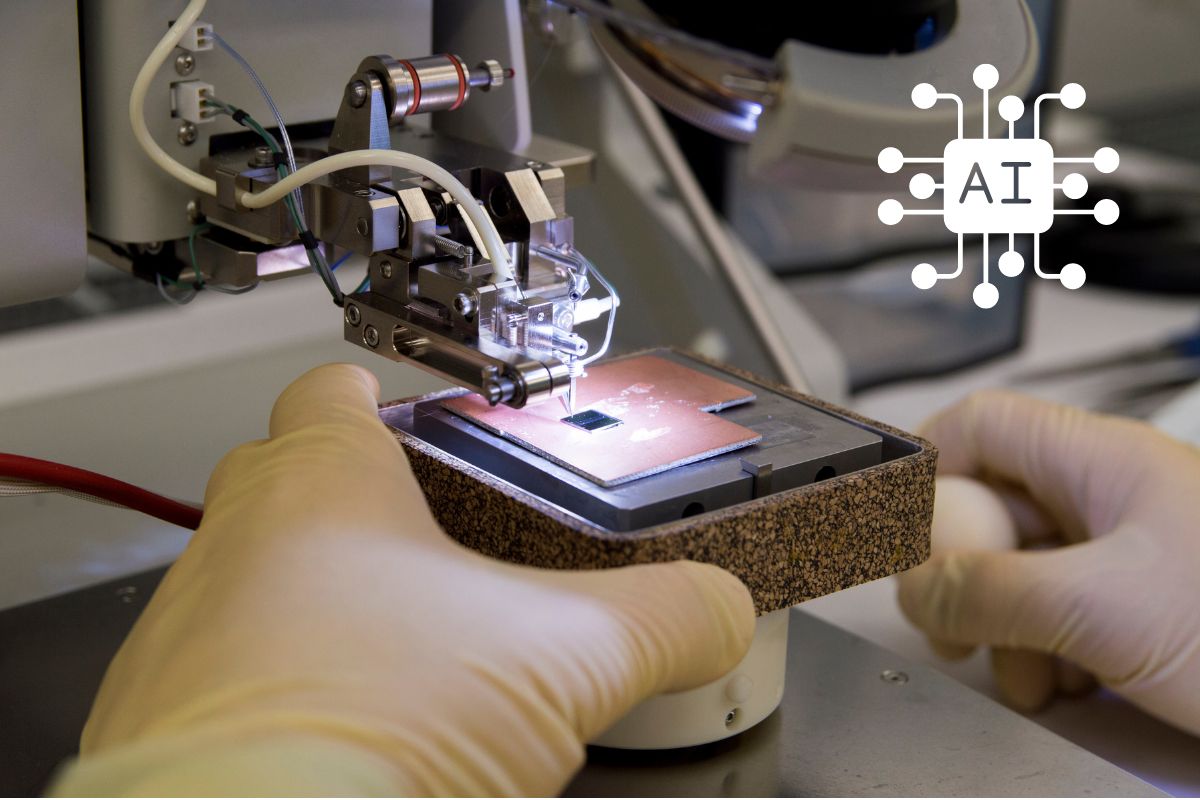Apple is reportedly working on its specialized chip for running artificial intelligence (AI) software in data centers. This project, known as “Project ACDC” (Apple Chips in Data Center), aims to use Apple’s expertise in chip design for its server infrastructure.
While Apple has been relatively quiet about its AI plans, CEO Tim Cook recently acknowledged their significant investments in generative AI, showing optimism about their prospects in this field. However, Apple is seen as lagging behind some competitors in AI.
The primary goal of this custom AI chip is to handle the process of running AI models, known as “inferencing,” rather than training them from scratch. Inferencing involves using pre-trained AI models to make predictions or generate outputs based on new data inputs.

Apple is reportedly working closely with Taiwan Semiconductor Manufacturing Co. (TSMC), a leading chip manufacturer, to design and potentially manufacture these AI chips. However, it is unclear whether they have a working chip prototype yet.

Although the project has been in development for several years, the timeline for its potential unveiling or commercial deployment remains unknown. By creating AI chips tailored for data center operations, Apple aims to improve the performance and efficiency of its server infrastructure, enabling it to better support AI-powered services and applications.
This move underscores Apple’s recognition of the growing importance of AI in various domains, from personal assistants and image recognition to natural language processing and beyond. By developing proprietary AI hardware, Apple could potentially gain a competitive edge in delivering seamless and optimized AI experiences across its ecosystem of devices and services.
By developing its own AI chip, Apple aims to optimize the performance of AI-powered services like Siri, improve efficiency in data processing, and potentially reduce reliance on third-party solutions. This could lead to faster and more reliable AI experiences for users.
Apple’s collaboration with TSMC, a leading chip manufacturer, highlights the importance of partnerships in developing cutting-edge technology. TSMC’s expertise in chip fabrication could help Apple bring its AI chip to market more efficiently.

While Apple has not disclosed a timeline for the AI chip’s release, the company’s focus on AI underscores its commitment to innovation. Apple has historically prioritized user privacy and security, which could also influence the design and capabilities of its AI chip.
The impact of Apple’s AI chip could extend beyond its products and services. By pushing the boundaries of AI technology, Apple could contribute to advancements in AI research and development globally.

Moreover, Apple’s entry into AI hardware could stimulate competition and innovation in the AI chip market. This could benefit consumers by driving down costs and accelerating the pace of AI development.
Apple’s AI chip could also have implications for industries beyond tech. For example, advancements in AI could lead to more efficient healthcare services, improved transportation systems, and enhanced productivity in various sectors.
As AI becomes increasingly ubiquitous, questions about its ethical implications and societal impact have also gained prominence. Apple’s approach to AI, particularly its emphasis on privacy and user control, could set a standard for responsible AI development.
Apple’s foray into AI chip development is part of a broader trend in the tech industry. Companies like Google, Amazon, and Microsoft have also invested heavily in AI hardware to improve the performance of their AI-powered services.
The development of specialized AI chips is driven by the need for faster and more efficient processing of AI algorithms. Traditional CPUs and GPUs, while capable, may not be optimized for the specific requirements of AI inferencing tasks.
By designing its own AI chip, Apple can tailor it to meet the unique demands of its AI applications, potentially leading to significant performance improvements. This could translate to faster response times for Siri queries, more accurate image recognition in the Photos app, and smoother operation of other AI-powered features across Apple’s ecosystem.
Apple’s AI chip could also have implications for the broader AI industry. As one of the world’s largest tech companies, Apple’s entry into AI hardware could spur innovation and competition, ultimately benefiting consumers with more advanced AI capabilities in a variety of products and services.
In conclusion, Apple’s reported development of an AI chip for data centers represents a strategic move to enhance its AI capabilities and stay competitive in the rapidly evolving tech landscape.
Overall, Apple’s reported development of an AI chip for data centers reflects the company’s strategic vision and commitment to advancing AI technology. While the full extent of the chip’s capabilities and impact remains to be seen, it represents a significant milestone in Apple’s AI journey and could pave the way for new possibilities in the AI landscape.





































